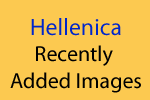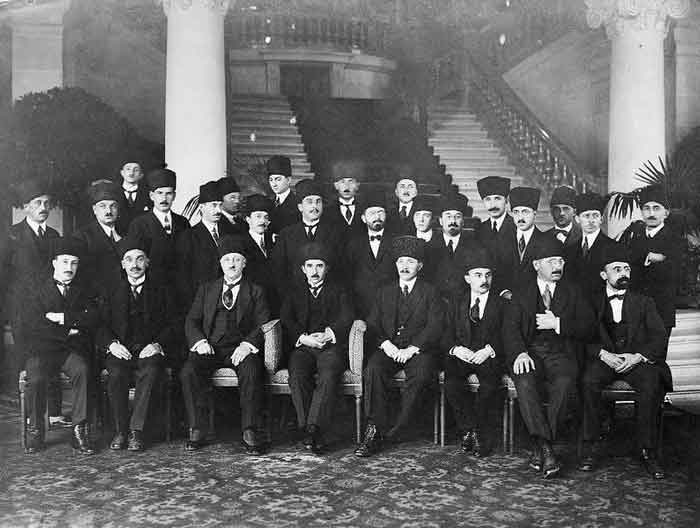Turkish Delegation in Lausanne in the center Ismet Pasha The Treaty of Lausanne was a peace treaty that delimited the boundaries of modern Greece and Turkey. It was signed in Lausanne, Switzerland on July 24, 1923 by Greece, Turkey and other countries (including the Entente powers) that fought in the First World War and in the Turkish Independence War / War in Asia Minor, 1919-1922. It superseded the stillborn Treaty of Sèvres considered "unacceptable" by the newly founded Turkish government replacing the monarchy in Istanbul. After the expulsion of the Greek forces by the Turkish army under the command of Kemal Atatürk, there was a need to extensively revise the Treaty of Sèvres. On October 20, 1922 the peace conference was opened, and after strenuous debates, it was interrupted by Turkish protest on February 4, 1923. After reopening on April 23, the treaty was signed on July 24 after a total of 8 months of long and arduous discussions which ended when US Admiral Mark L. Bristol, serving as United States High Commissioner, championed Turkish efforts. İsmet İnönü was the lead negotiator of Turkey and Eleftherios Venizelos for Greece. The treaty provides for the independence of the Republic of Turkey but also for the protection of the ethnic Greek minority in Turkey and the religious Muslim minority in Greece. Much of the Greek population of Turkey was exchanged with the Turkish population of Greece. The Greeks of Istanbul, Imvros and Tenedos were excluded (about 400,000 at that time), but also the Muslim population of Western Thrace (about 25,000 at that time). The republic of Turkey also accepted the loss of Cyprus to the British Empire. Since signing of the treaty, both Turkey and Greece has claimed that the other has violated its provisions. Greece has seen its ethnic minority population in Turkey diminish from several hundreds of thousands in 1923 to just a couple of thousand today, and claims that this was caused by the systematic enforcement of anti-minority measures. Links
Retrieved from "http://en.wikipedia.org/ "
 |
|
||||||||||||||||||

